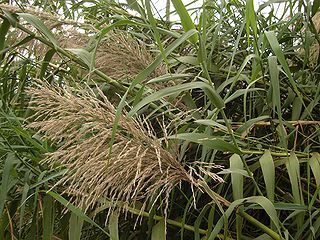Synthetic Fuels vs. Biofuels

But it’s hard to imagine how this can be cost-effective, even at scale, given the extremely low efficiency with which plants convert radiant energy from the sun to excess chemical energy, available for us to consume. Plants evolved to maximize their own survival, not so we could harvest them and use large amounts of extra energy to fly our jets. It is for this reason that I support efforts like WindFuels, which use large amounts of off-peak energy and point sources of CO2 to synthesize carbon-neutral gasoline, diesel, and jet fuel.

Today, bio fuels are in great demand. The biomass briquette is the bio fuel made from green agricultural waste materials is helpful to conserve our precious environment and natural resources. As compared to the other fuels, bio fuel briquettes made from the briquette plant is cheaper and energy effective.
Biofuels are made from biomass or agriculture waste material which is the best substitute to fossil fuels. Compared to other traditional fuels, bio fuels are cheaper and eco-friendly and used in various industries. They are made through biomass briquette press machine with binder less technology.
A thousand tons of divested material burnt and it creates pollution whereas biomass briquetting plant though wastage can be converted into valuable thing that is briquettes. And municipal and industrial waste can be used in an effective way.